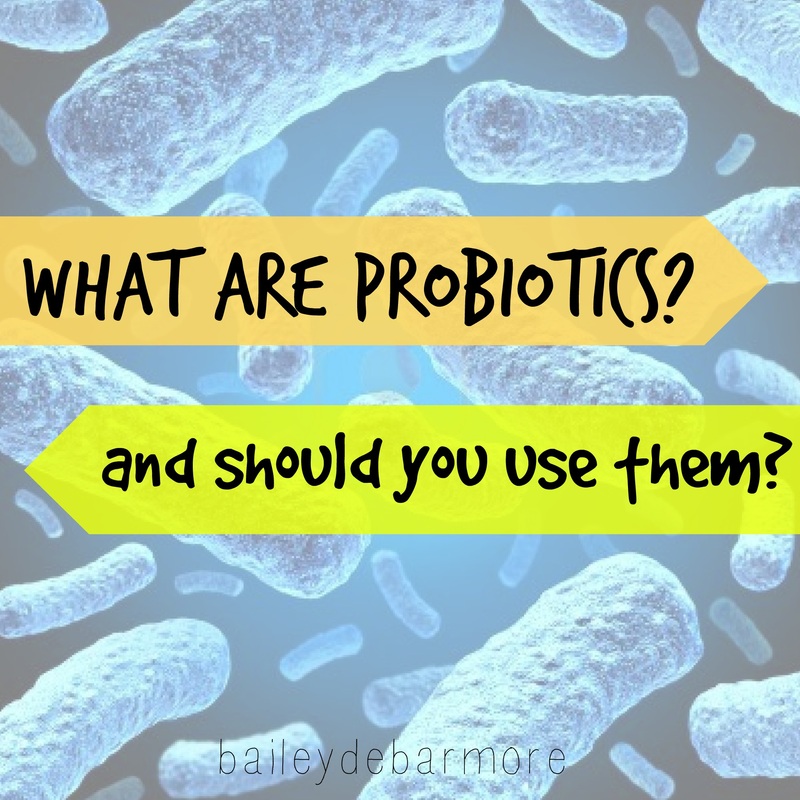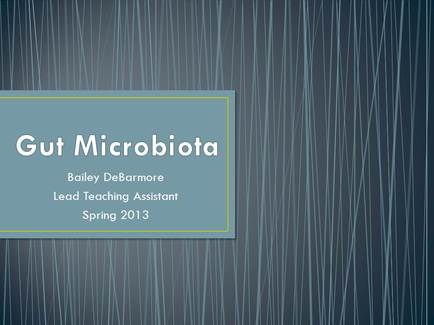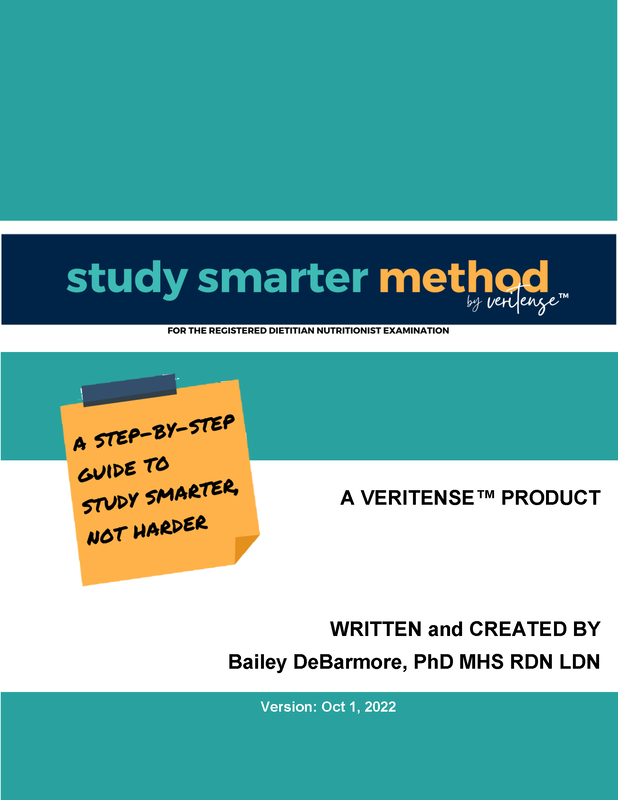Background
Now why would we invest time, money, and very smart brains into this particular research project? Research in the past decade has revealed key associations between disease, general health, and the bacteria that reside in our body - specifically our gut.
Specific to nutrition, scientists have found that lean people and obese people have different types of bacteria in their gut, which may play a role in how we break down and absorb calories from food, how we regulate our appetite, and who knows what else! Fun fact: Million and colleagues found that cattle could be treated with antibiotics and certain probiotics to induce weight gain...but other types of probiotics were protective against obesity. (1)
For a quick summary of the human gut microbiota, check out my PowerPoint Presentation on the topic.
What Are Probiotics?
Probiotics are live, beneficial bacteria that you can ingest to colonize your gut. Your gut microbiota not only plays a role in disease, health, and weight, but also in gut function such as motility, gas, and diarrhea.
Probiotics may be recommended for people who have finished a course of antibiotics - which disrupt the natural gut microbiota environment in your colon - to replenish the good bacteria and restore the important immune barrier in your intestines. It's important to note that certain foods themselves, such as aged cheese, yogurt, soy drinks, and miso, contain probiotics. Instead of taking a probiotic capsule, you can look in your grocery store for probiotic-containing yogurt. It is always better to start with natural sources of nutrients and other health-promoting agents (like probiotics!) than pills, capsules, and other medicines, Always check with your doctor before taking any over-the-counter (OTC) medicine, including probiotics. Probiotics can be harmful for anyone with a weakened immune system. Read more here, at WebMD.
What Are Prebiotics?
The bacteria in your gut need food to survive, just like we do. Luckily, there are certain nutrients that make it all the way through our stomach and small intestines, into our colon, undigested. These are special presents for the bacteria there. Specifically, certain types of carbohydrates called "oligosaccharides" are broken down to produce gases and short chain fatty acids that help to stimulate healthy growth of the cells lining your colon. Strong colon cells are important to maintain a solid barrier between bad germs in your gut and the rest of your body.
Where can you find these undigested carbs? In foods such as bananas, onions, garlic, asparagus, leeks, artichokes, soy, and whole-grains. (2) Should You Take Probiotics?
What sorts of claims have you heard about probiotics? Have you ever tried them? Leave a comment.
-Bailey
References:
(1) Million M and Raoult D. The role of the manipulation of the gut microbiota in obesity. Curr Infect Dis Rep Online. 2012. (2) Newgent J. Prebiotics and Probotiocs: The Dynamic Duo. The Academy of Nutrition and Dietetics. Reviewed June 2013. http://www.eatright.org/Public/content.aspx?id=6442477443
0 Comments
Your comment will be posted after it is approved.
Leave a Reply. |
a blog about health, wellness, nutrition, and fitness from an epidemiologist / dietitian with personal trainer experience
Stay up to date on productivity tips and active learning techniques
Like what you read?
categories
All
|




_250px.png)



 RSS Feed
RSS Feed
